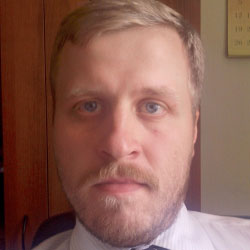Alexey Belogoryev, Research and Development Director at the Institute for Energy and Finance, commented to Rossiyskaya Gazeta on relations between Russia and other OPEC+ countries.
There are three main stages in the short history of OPEC+. The first is from 2017 to 2019, when we managed to overcome the consequences of the 2014-2015 crisis. The second stage began in the spring of 2020, when the pandemic led to a collapse in demand in the oil market, and the OPEC + countries reduced production by 9.7 million barrels per day. The third stage is connected with the events of 2022 and the new reduction.
And if the first two times the decisions of OPEC + were generally agreed by the countries - importers of oil, now the situation is completely different, Alexey Belogoryev noted.
After boosting production in July, the OPEC+ alliance went for a much bigger cut from November, by 2 million bpd. This decision was, among other things, a step towards reducing the effectiveness of introducing a price ceiling for Russian oil, Alexey Belogoryev believes. According to him, the OPEC+ countries did not support the US and European restrictions on Russia, because they themselves are afraid of such sanctions.“After the production cut in November 2022, we can say that political overtones appeared in the actions of OPEC +. Thus, exporting countries oppose attempts at non-market regulation by the United States and other states,” he told RG.
"Many of them have rather tense relations with the United States, including Saudi Arabia. And everyone understands that if the sanctions mechanism is successful, then it can be applied to other countries at any time," the expert explained to RG.

Subscribe for updates
and be the first to know about new publications